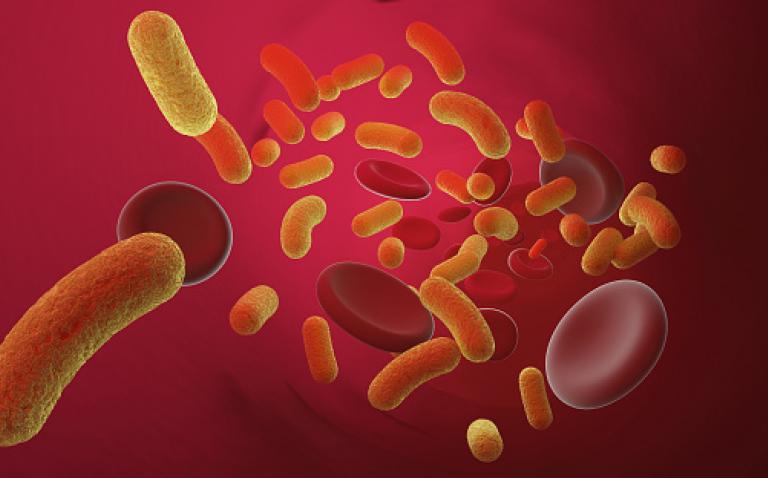Clinicians around the world have long suspected that bacteraemia due to Staphylococcus aureus has a worse outcome in women compared to men, but direct evidence has been elusive.
A recent study confirms that significantly more women than men diagnosed with Staphylococcus aureus bacteraemia (SAB) – a blood infection of the common bacteria – die within 30 days.
Researchers from Denmark and Spain analysed data on 2638 patients diagnosed with bacteraemia caused by Staphylococcus aureus. The study authors extracted data from population-based medical registers in Denmark from 2000 and 2011.
When they assessed deaths within the first 30 days, they found that 29% of the women died compared to 22% of the men. Women therefore are 1.3 times more likely to die within a month of developing Staphylococcus aureus bacteraemia (adjusted hazard ratio = 1.30 [95% CI; 1.11-1.53]).
The findings were published in the June issue of the Journal of Clinical Microbiology and Infection.
“It is worth noting that the link between gender and fatality was seen across all age groups and the greatest risk of death appeared to be in women who were diabetic or who had a diagnosis of chronic pulmonary disease or cancer,” comments Dr. Jesper Smit from the Aalborg University Hospital, one of the study’s authors.
The researchers found no link between gender and two common complications of Staphylococcus aureusbacteraemia: infective endocarditis and osteomyelitis.
“Although we now know that women in this situation are at a higher risk of death compared to men, we do not yet understand why,” says Smit. “Further studies are needed to uncover the cellular and molecular mechanisms but the information we have generated should aid clinical decision making by helping to define which patients are most vulnerable,” he adds.
The authors recommend that gender should be considered in the triage and risk stratification of patients with community-acquired Staphylococcus aureus bacteraemia.










